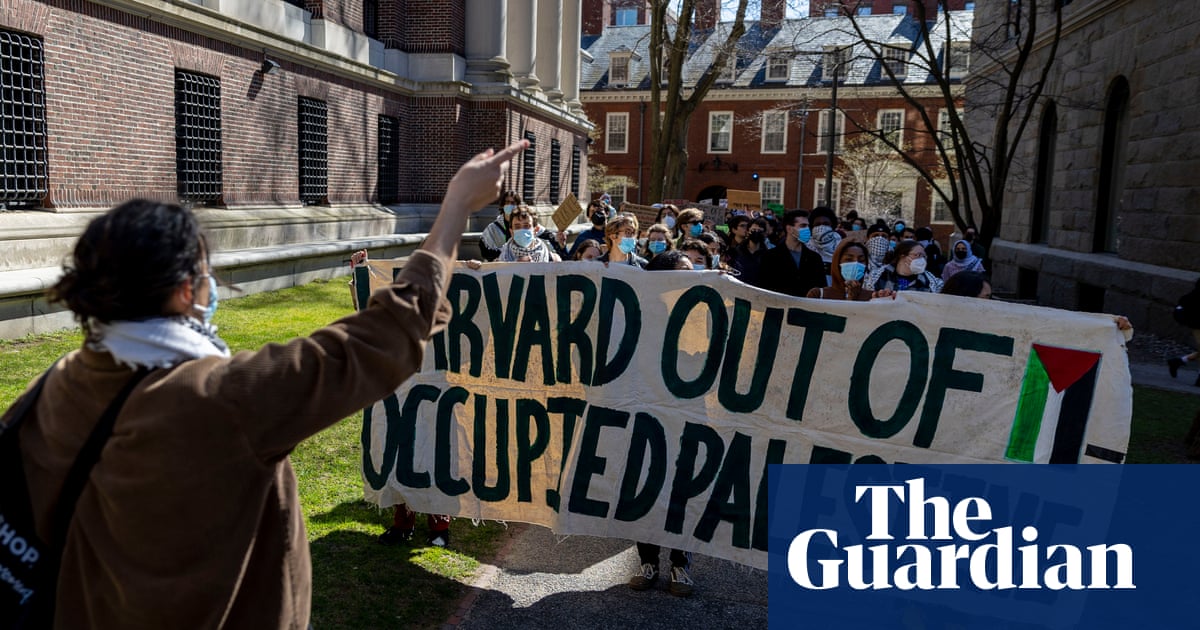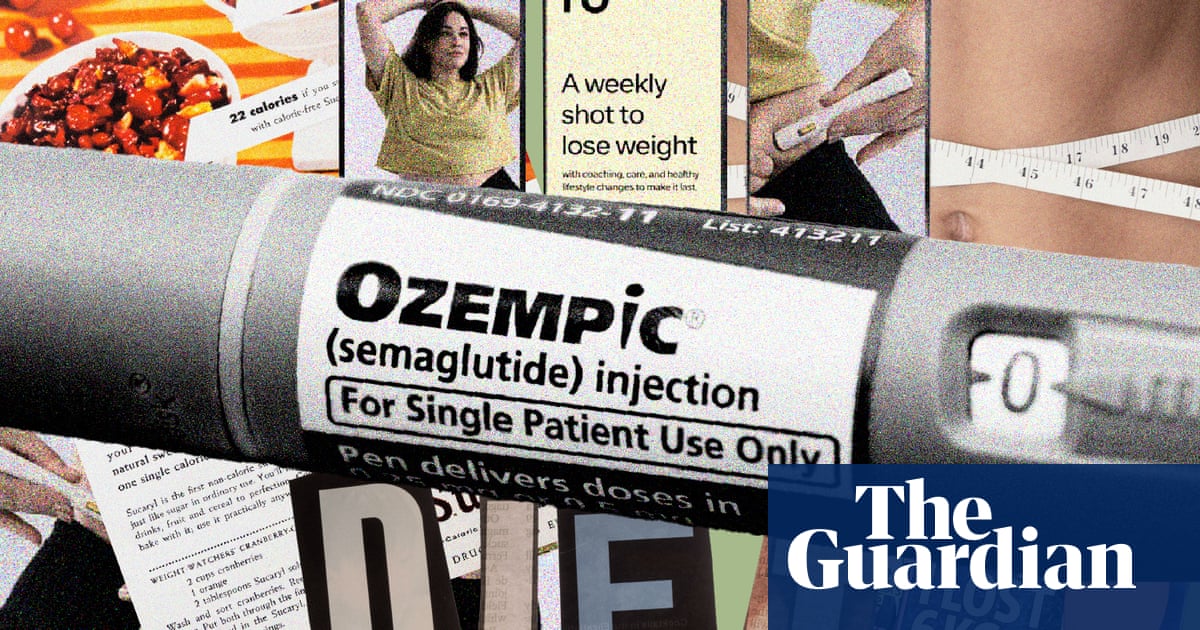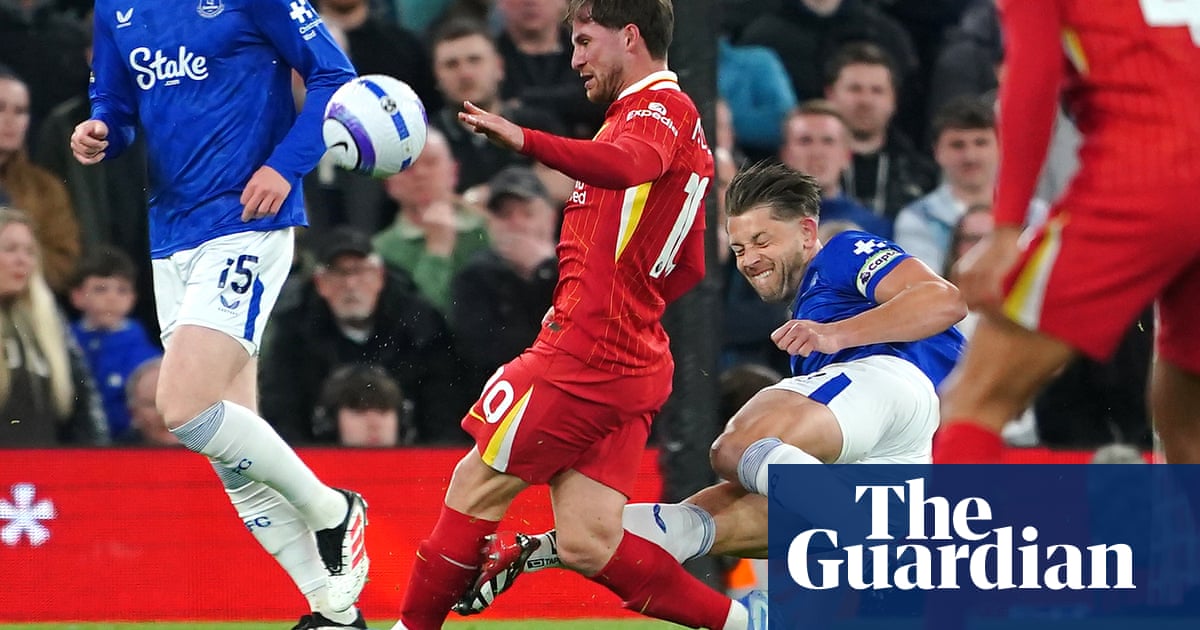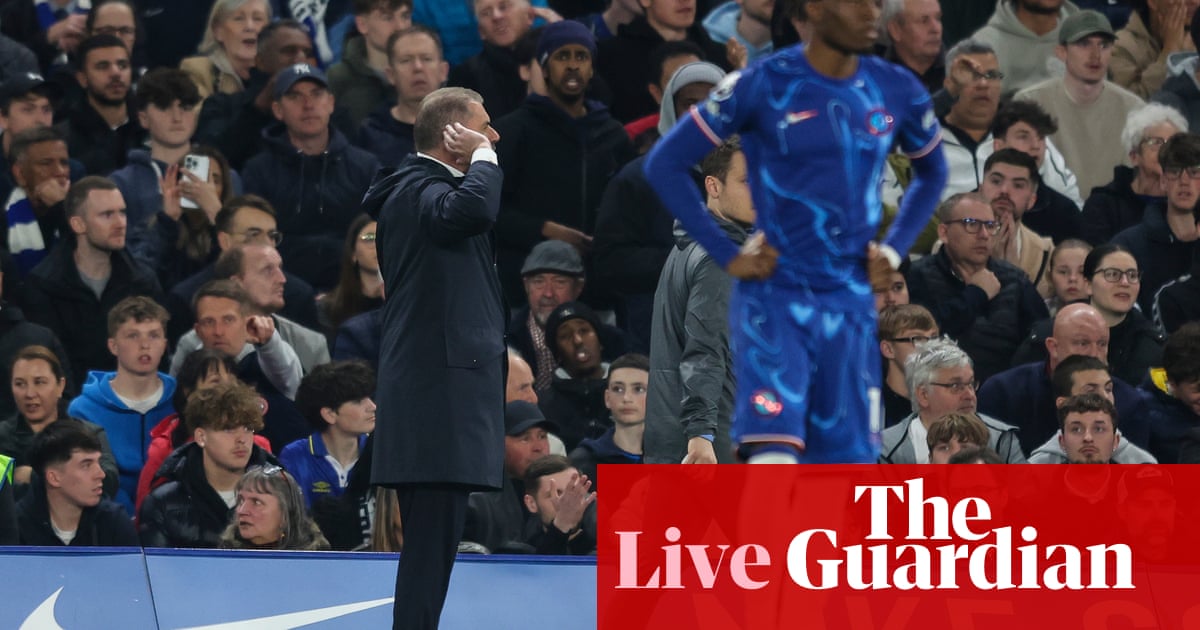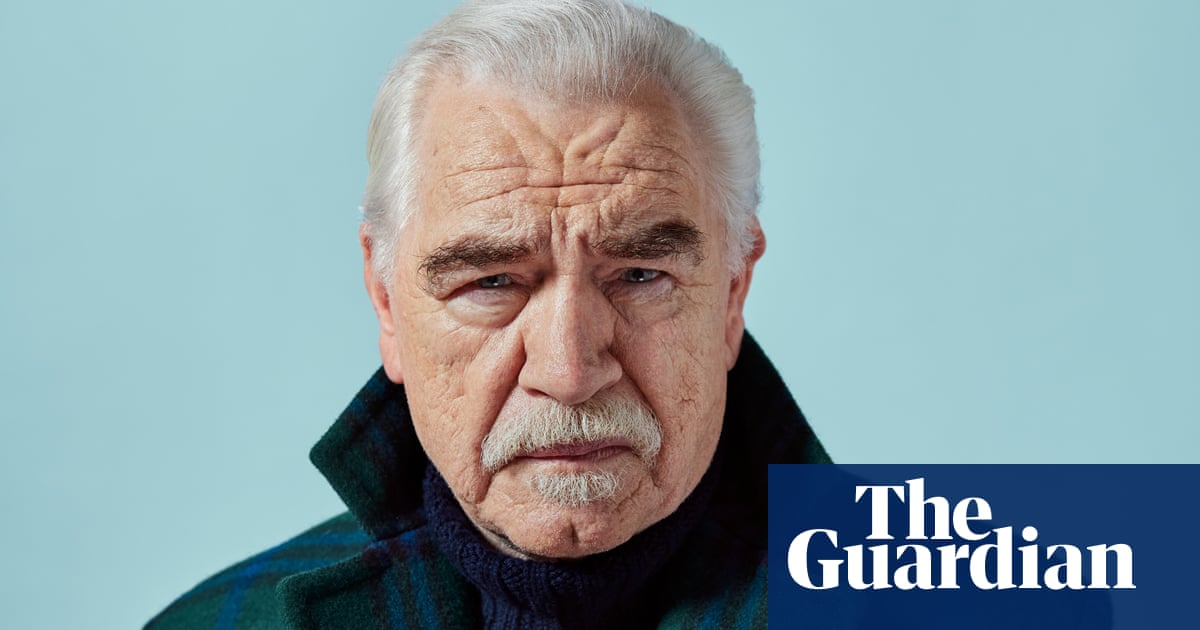Tim Minchin does not arrive at lunch with the highest hopes. He has only had a couple of hours’ jet-lagged sleep, for a start. And, despite my feeble assurances to the contrary, he knows how it goes: in the course of two hours of no doubt enjoyable free-associating chat he’ll say one thing he will regret (two hours later when he’s on the train to Brighton); and when the story appears, that phrase will be the headline, and it will follow him around on the internet for ever. “So let’s get on with it,” he says, with wide-eyed fatalism. “And let me say even as you press record and I pick up this menu that I have badly mismanaged my calories and I’m really fucking hungry.”
We’re at a very smart gastropub near Victoria in London – the Thomas Cubitt, chosen for its proximity to the station (he’s got to catch the 2.29pm to make it to tonight’s gig). He orders salmon and carrots and chicken parfait to start, and nothing to drink in case he falls asleep on the train, though he might have to have a desperate slurp of mine. We’re here to talk about his book, You Don’t Have to Have a Dream, which collects the fabulously deadpan speeches he has made in recent years to graduating students, with some extra framing essays. If you fear your son or nephew is being seduced by the straight-backed homilies of Jordan Peterson or the grunts of another testosterone-cult talk-show host, buy them this for Christmas.
It’s full of life lessons you might wish you had taken to heart at 17 (or 42). For example: “Happiness is like an orgasm. If you think about it too much, it goes away.” “Remember, it’s all luck.” “Be pro-stuff, not just anti-stuff.” And that the trick to success, particularly in the so-called creative industries, is that there is no trick: “No shortcut, no business technique, no amount of self-promotion or nice business cards. None of it means anything, really. Just be really, really good at what you do. Ideally the best.”
In Minchin’s case, he has made himself peerless in the field of “being a science-obsessed uber-rhymey polemicist pianist singer-satirist wanker”. To prove it, he can point to sold-out global comedy and music tours and the 13-year run of record-breaking musical Matilda (as well as the more recent Olivier award-winning adaptation of Groundhog Day).
“My favourite thing that’s happened since this little book has existed,” he says, “is my 15-year-old boy’s read it. I’ve been on the phone to my wife in Australia and she’s going, ‘He keeps coming in and wants to talk about the book.’ I mean, he’s never taken an interest in my work, because – obviously. But this has made him ask Sarah about what I do. So I’m super chuffed.”
In his act and in interviews, Minchin has been a scourge of preachiness and snake oil – of the conventional evangelical pious sort, but also of any triggered inkling of cancel culture. But, he says, that doesn’t stop him offering his own brand of evidence-based self-parody. The commencement speeches were fun to do because you are “actually allowed to say, ‘I’ve lived a little bit. And you might listen for 10 minutes.’ Because these days it’s more often, ‘Let me hear about your lived experience as a 19-year-old with no actual problems.’”
He feels it’s only right that we “do the obligatory old white guys hating social media stuff”. He has come off all online forums – he calls X the “extremification machine” – after being targeted by both left and right. “I’ve got into trouble lately for suggesting that maybe just scrolling the traumas of the world is not in itself a moral act. I suspect that wading around in all the distress of the world paralyses people, and, most specifically, stops them acting in their community.”
We talk about the way spending hours online only hardens divisions (we’re meeting before the US election). “I mean,” Minchin says, “there’s no point in saying things are complicated, but then thinking only your own side has access to that kind of complexity. Do you imagine calling your opponents ‘fascist’ is going to change their mind? We’ve made everyone scared to be brave, because we’re so mean to each other. The speed and glee with which we try to destroy someone is terrifying.”
Has his exile been liberating?
“When I’m online I am definitely a less good artist, a less good friend, a less good father, and a less good sibling and son,” he says. “I am a not happy, over-stressed person, and I think you should try to be a happy, under-stressed person for the people you love.”
Minchin punctuates his conversation with talk about his family. Partly, he suggests, it’s because being in London always reminds him of some of their best times. He and his wife lived in Crouch End for several years when he was graduating from alternative cabaret star to becoming the West End’s sharpest songwriter.
He left the UK around the time of Brexit and moved first to LA, to write a $90m animation for Dreamworks that, to his frustration, was never released; and then to Sydney. I suggest he maybe escaped at a good moment.
“I probably have a romantic view of it,” he says. “But when I come back here, I sort of feel like a real boy again. I miss the version of myself I believe myself to be when I’m here, even if it’s bullshit.”

He couldn’t have imagined this life, he says, had he never left Perth, where he grew up. His father was a doctor, which perhaps fostered his scientific obsessions (Richard Dawkins is a pal). Was he pressured to follow in those footsteps?
“No, there were four of us kids and no doctors in sight,” he says. “I’m sure my dad would have loved it, but my mum sort of dragged him by the hair out of that culture. Mum’s family were, like, a bit of old money, a lot more bohemian. But still, I mean, if any of us had ever skipped a class or not passed a subject, or swore at a parent, I don’t know what would have happened. None of the four of us ever tested that.”
The real boy that Minchin became in London continues to be defined by his work on Matilda, which among other things has made him rich. Did he know immediately that it would be such a pivotal opportunity?
“I took a moment to say yes to it, because I was on the up and up with my comedy. And I thought writing music for theatre is what I used to do. But I also understood quite early quite how good the team was that I had stumbled into.”
He also had the great gift of an unshiftable deadline. “Sarah was nearly eight months pregnant when I started writing it,” he says. “She was like, ‘Well, I’ll need you to take some time off when the baby’s born.’ I thought: I’d better write the entirety of Matilda in six weeks then, which is basically what I did. If I’m not scared, I don’t work,” he continues. “I need someone to say, you’re on stage tonight at seven o’clock, or, I need this by Friday.”
Which brings us to perhaps the most important of his book’s life lessons: the value of dedicating yourself to concrete short-term goals rather than airy long-term ambitions. It is, I point out, also the lesson of Groundhog Day. Is that what drew him to the project?
“That film was a sort of sacred text,” he says. “It’s about decentralising yourself from your own narrative, and focusing on what other people need as the only route to happiness.” In his musical, the hero, Phil, eventually sings, “I’m here and I’m fine, and I’m seeing you for the first time”. “Basic Buddhist bullshit,” Minchin says. “But those are the lessons we were talking about: not allowing the distress of the world to stop you, for example, from being in the moment and enjoying lunch with a random other Tim.” He checks his watch and realises he has to hurry to make his train. “It’s all in the timing,” he says, “or in the Tim-ing.”
You Don’t Have to Have a Dream: Advice for the Incrementally Ambitious by Tim Minchin (Ebury, £16.99) is out now

 3 months ago
69
3 months ago
69


